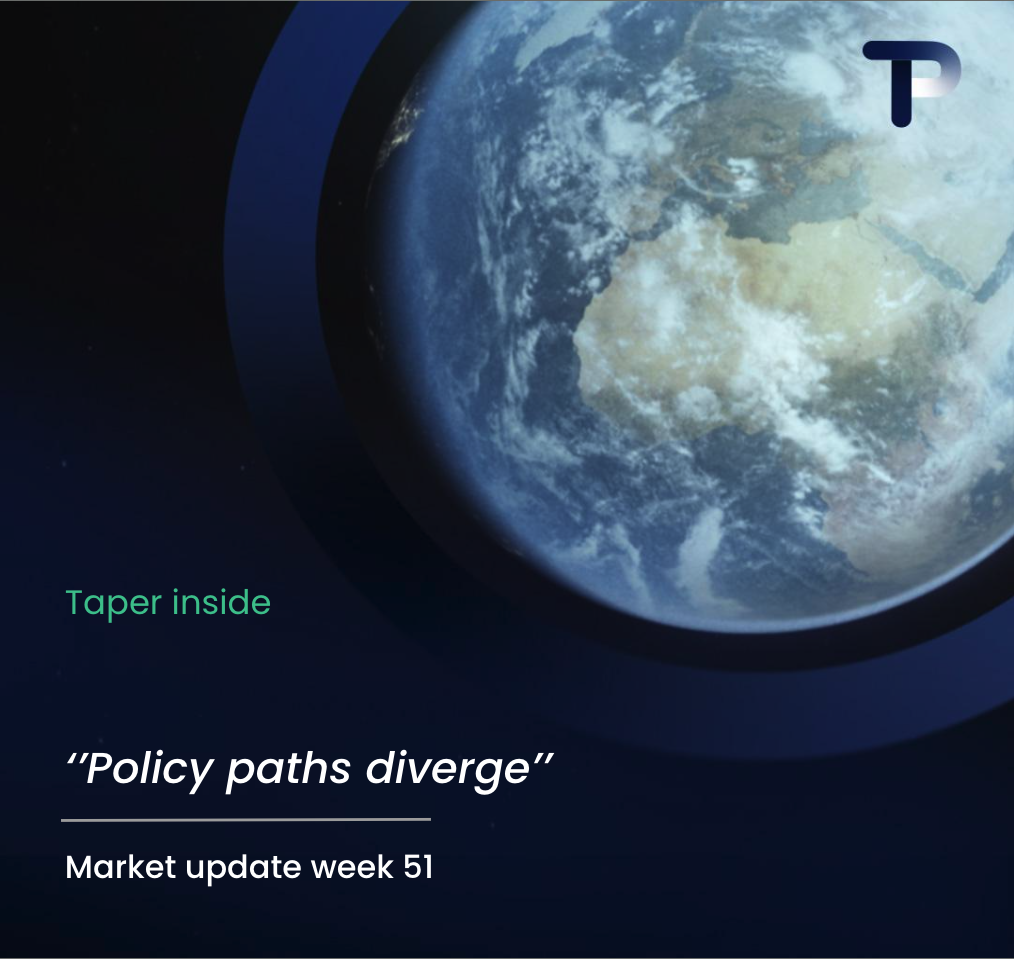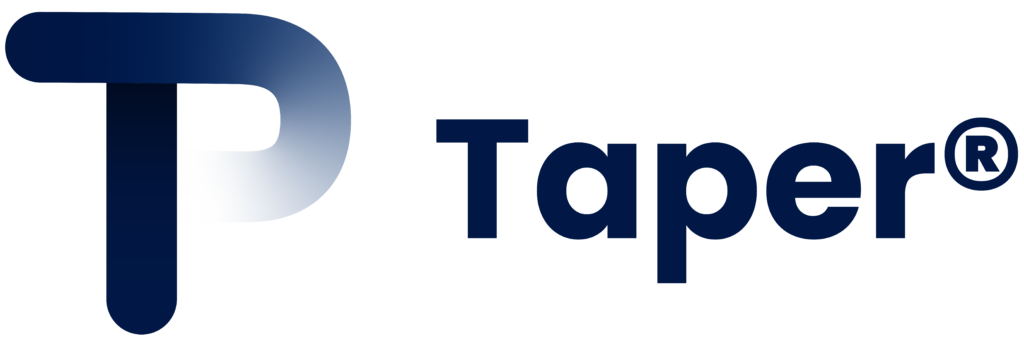Supply chain finance approval typically takes between 2-8 weeks, depending on factors such as your company’s creditworthiness, documentation completeness, and the lender’s specific requirements. Working capital financing decisions can be expedited through proper preparation and choosing the right financing partner who understands your business needs.
Understanding supply chain finance approval timelines
The supply chain finance approval process varies significantly across different lenders and financing structures. Traditional banks often require 4-8 weeks for comprehensive credit assessments, whilst specialist trade finance providers may offer faster turnaround times of 2-4 weeks.
Several factors influence these timelines in today’s financial landscape. Market conditions, regulatory requirements, and the complexity of your supply chain relationships all play important roles. Companies with established trading histories and strong financial records typically experience shorter approval periods.
The current environment has seen many businesses seeking alternative financing solutions beyond traditional banking relationships. This shift has created opportunities for more agile financial service providers to offer streamlined approval processes that better serve international trading companies.
What is supply chain finance and how does the approval process work?
Supply chain finance is a working capital solution that optimises cash flow by allowing businesses to extend payment terms with suppliers whilst providing those suppliers with early payment options. This arrangement benefits all parties in the supply chain.
The approval workflow begins with your initial application, where you’ll provide detailed information about your business, trading relationships, and financial position. Lenders then conduct due diligence, examining your creditworthiness, supplier relationships, and transaction history.
Key stakeholders in the decision-making process include credit analysts, risk managers, and relationship managers. They assess your company’s ability to manage the financing facility and evaluate the strength of your supply chain partnerships. The process concludes with facility documentation and implementation of the financing structure.
Modern trade finance approval processes increasingly leverage technology platforms to streamline documentation review and accelerate decision-making. This technological integration helps reduce manual processing time and improves accuracy in credit assessments.
What factors affect supply chain finance approval timeframes?
Your company’s creditworthiness serves as the primary factor influencing approval speed. Businesses with strong financial statements, consistent cash flows, and established trading histories typically receive faster approvals than those with limited operating history or complex financial structures.
Documentation completeness significantly impacts processing time. Incomplete applications require additional information requests, extending the approval timeline. Essential documents include financial statements, management accounts, supplier agreements, and details of existing banking relationships.
Transaction complexity also affects approval duration. Simple, recurring supplier arrangements with established counterparties process faster than complex, multi-jurisdictional supply chains involving new trading relationships or unusual payment structures.
Lender requirements vary considerably between institutions. Traditional banks often have lengthy committee approval processes, whilst specialist providers may offer more streamlined decision-making structures. Market conditions, including credit availability and regulatory changes, can also influence processing times.
How can businesses expedite their supply chain finance approval?
Proper documentation preparation represents the most effective strategy for accelerating approvals. Maintain comprehensive financial records, including up-to-date management accounts, cash flow forecasts, and detailed supplier information. Having this information readily available eliminates delays caused by information requests.
Choosing the right financing partner makes a substantial difference in approval speed. Specialist trade finance providers often understand international business complexities better than traditional banks and can offer more efficient processing. Look for providers with experience in your industry and geographic markets.
Maintaining strong financial records throughout the year, not just during application periods, demonstrates consistent business management. Regular financial reporting, clear audit trails, and transparent supplier relationships all contribute to faster approval processes.
Leveraging technology platforms can significantly reduce processing time. Modern financing providers offer digital application processes, automated document review, and real-time status updates. These technological advantages can reduce approval times from weeks to days in some cases.
Key takeaways for supply chain finance approval success
Supply chain finance approval timelines typically range from 2-8 weeks, with preparation and partner selection being the most important factors you can control. Focus on maintaining comprehensive documentation and building relationships with financing providers who understand your business model.
Successful applicants consistently demonstrate strong financial management, transparent supplier relationships, and clear business strategies. These elements not only accelerate approval processes but also improve the terms and conditions of financing facilities.
Consider working with specialist providers who offer personalised service and understand the unique challenges facing international trading businesses. For companies requiring comprehensive financial solutions including international payments, partnering with providers who can offer integrated services becomes particularly valuable. At TaperPay, we recognise that your financing needs are integral to your business operations, which is why we focus on providing streamlined solutions that support your growth objectives whilst managing the complexities of international trade finance.
[seoaic_faq][{“id”:0,”title”:”What happens if my supply chain finance application gets rejected?”,”content”:”If your application is rejected, request detailed feedback from the lender to understand specific concerns. Common issues include insufficient credit history, weak supplier relationships, or incomplete documentation. You can then address these issues and reapply with the same or different lenders, or consider alternative financing solutions like invoice factoring or asset-based lending.”},{“id”:1,”title”:”Can I apply for supply chain finance with multiple lenders simultaneously?”,”content”:”Yes, you can apply with multiple lenders, but be transparent about this during the process as lenders may discover multiple applications through credit checks. This approach can help you compare terms and potentially speed up approval, but ensure you have the capacity to manage multiple due diligence processes simultaneously.”},{“id”:2,”title”:”How much working capital can I typically access through supply chain finance?”,”content”:”Supply chain finance facilities typically range from £500,000 to £50 million or more, depending on your annual turnover, supplier spend, and creditworthiness. Most lenders offer facilities equivalent to 80-90% of your eligible supplier invoices, though this varies based on supplier credit quality and your relationship strength.”},{“id”:3,”title”:”What’s the difference between supply chain finance and traditional invoice factoring?”,”content”:”Supply chain finance focuses on paying your suppliers early while extending your payment terms, improving relationships across your supply chain. Invoice factoring involves selling your customer invoices for immediate cash. Supply chain finance typically offers better rates and doesn’t require you to transfer customer relationships to the lender.”},{“id”:4,”title”:”Do my suppliers need to agree to participate in the supply chain finance program?”,”content”:”Yes, suppliers must agree to participate as they’ll receive early payments from the financing provider instead of waiting for your standard payment terms. Most suppliers welcome this arrangement as it improves their cash flow, but you’ll need to communicate the benefits clearly and may need to provide some onboarding support.”},{“id”:5,”title”:”What ongoing reporting requirements should I expect after approval?”,”content”:”Expect to provide monthly financial statements, aged creditor reports, and supplier payment schedules. Many lenders also require quarterly management accounts and annual audited financials. Modern providers often offer automated reporting through integrated platforms, reducing your administrative burden while maintaining compliance.”},{“id”:6,”title”:”How do interest rates for supply chain finance compare to other business financing options?”,”content”:”Supply chain finance rates typically range from 2-8% above base rates, often lower than overdrafts or unsecured loans because they’re secured against supplier invoices. Rates depend on your credit profile, facility size, and supplier quality. The cost is usually offset by improved supplier terms and enhanced cash flow management.”}][/seoaic_faq][seoaic_multistep_form position=”undefined”][{“id”:”#1″,”type”:”text”,”question”:”Hi there! 👋 I see you’re reading about multi-currency IBAN accounts for supply chain payments. Smart choice – these accounts can save businesses 2-4% on every international transaction!”,”formItems”:[{“type”:”message”,”text”:”I’m here to help you discover how Taper’s multi-currency solutions can streamline your international payments and eliminate those costly conversion fees.”}],”buttons”:[],”autostep”:”#2″},{“id”:”#2″,”type”:”single”,”question”:”What best describes your current situation with international supplier payments?”,”formItems”:[],”buttons”:[{“text”:”We make regular payments to international suppliers”,”step”:”#3″},{“text”:”We’re planning to expand internationally soon”,”step”:”#4″},{“text”:”We’re struggling with high conversion fees and delays”,”step”:”#3″},{“text”:”Just researching options for now”,”step”:”#4″}],”autostep”:””},{“id”:”#3″,”type”:”multi”,”question”:”Which of these challenges are you currently facing with international payments? (Select all that apply)”,”formItems”:[{“type”:”checkbox”,”text”:”High currency conversion fees (2-4% per transaction)”},{“type”:”checkbox”,”text”:”Slow payment processing times (3-5 days)”},{“type”:”checkbox”,”text”:”Managing multiple bank accounts across countries”},{“type”:”checkbox”,”text”:”Unpredictable correspondent banking charges”},{“type”:”checkbox”,”text”:”Complex reconciliation processes”},{“type”:”checkbox”,”text”:”Poor visibility into payment status”}],”buttons”:[{“text”:”Continue”,”step”:”#5″}],”autostep”:””},{“id”:”#4″,”type”:”textfield”,”question”:”What’s driving your interest in multi-currency payment solutions? Tell us about your business goals or challenges.”,”formItems”:[{“type”:”textarea”,”placeholder”:”e.g., expanding to new markets, reducing payment costs, improving supplier relationships…”}],”buttons”:[{“text”:”Continue”,”step”:”#6″}],”autostep”:””},{“id”:”#5″,”type”:”textfield”,”question”:”Great! To help us understand your specific needs better, could you share more details about your international payment volume or any particular requirements?”,”formItems”:[{“type”:”textarea”,”placeholder”:”e.g., monthly payment volume, key supplier countries, integration needs with existing systems…”}],”buttons”:[{“text”:”Continue”,”step”:”#6″}],”autostep”:””},{“id”:”#6″,”type”:”contact_fields”,”question”:”Perfect! Let’s connect you with one of our international payments specialists who can show you exactly how Taper’s multi-currency IBAN accounts can save you money and streamline your supply chain payments.”,”formItems”:[{“type”:”text”,”text”:”Full Name”},{“type”:”email”,”text”:”Business Email”},{“type”:”tel”,”text”:”Phone Number”},{“type”:”select”,”text”:”Preferred Contact Method”,”options”:[“Email”,”Phone Call”,”WhatsApp”,”Video Call”]}],”buttons”:[{“text”:”Book My Free Consultation”,”step”:””}],”autostep”:””}][/seoaic_multistep_form]



